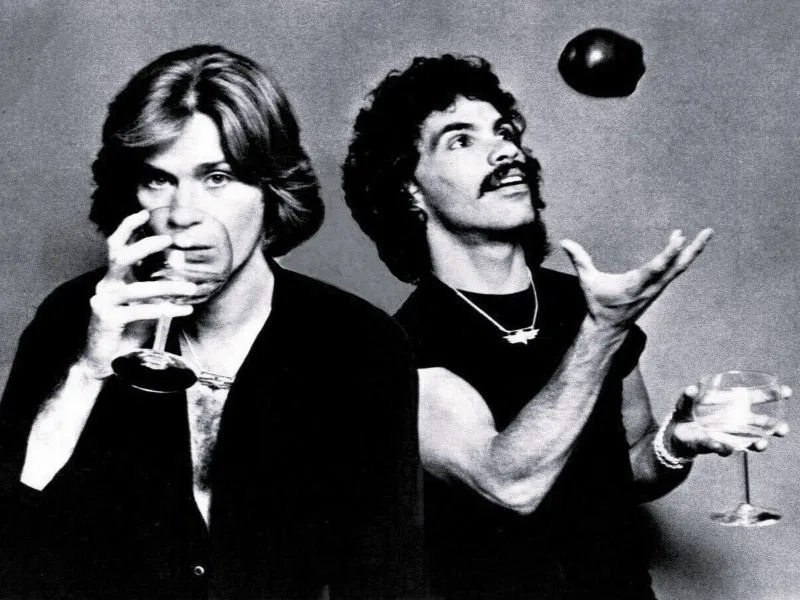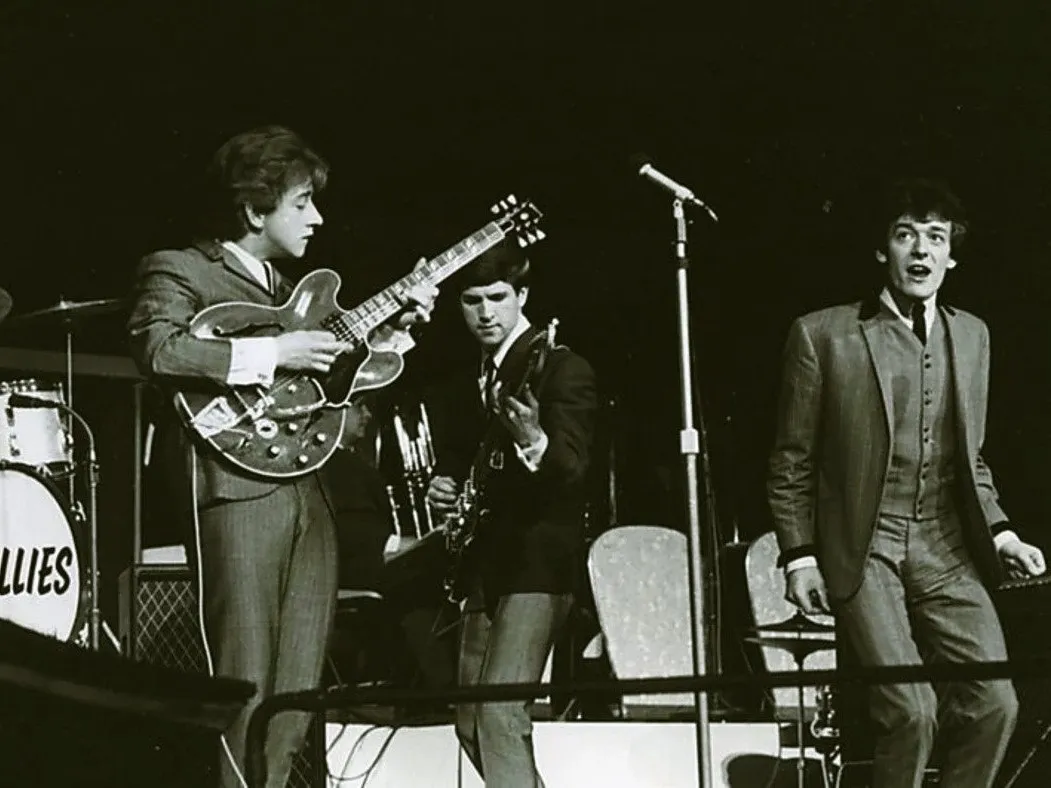Song titles are often the first impression listeners get of a track, so creating one that’s memorable, relevant, and intriguing can make a big difference. A well-crafted song title grabs attention, evokes emotion, and hints at the journey listeners are about to take. But how exactly do you write a song title that works?
In this article, we’ll break down the key elements of writing a compelling song title. We’ll cover brainstorming techniques, common title structures, and tips to ensure your title resonates with audiences and aligns with your song’s theme. By the end, you’ll have a roadmap to create engaging, catchy, and unforgettable song titles that perfectly fit your music.
Why Is a Good Song Title Important?
A song title is like the front cover of a book—it gives listeners a taste of what to expect and can make them more likely to hit play. Here are a few reasons why a strong title matters:
- First Impressions: For many listeners, the title is the first clue about your song’s theme, genre, or tone.
- Memorability: A catchy, memorable title helps your song stick in the minds of listeners.
- Searchability: With so much music available online, a good title makes it easier for fans to find your song through searches.
- Connection: An intriguing title can create an emotional bond by sparking curiosity or reflecting shared feelings.
1. Define the Song’s Theme and Mood
Before diving into specific words or phrases, take a moment to define the overarching theme and mood of your song. This groundwork can provide insight into what your title should communicate.
- Identify the Main Theme: Is your song about love, loss, self-discovery, nostalgia, or empowerment? A clear theme can guide you toward words and phrases that capture the essence of your track.
- Consider the Mood: Think about how you want listeners to feel. Is the song upbeat, melancholic, mysterious, or playful? Your title can convey that mood, setting the stage for the listening experience.
Example: For a song about heartbreak with a slow, melancholic vibe, words like “faded,” “whisper,” or “alone” might convey that feeling in the title.
Take a look at our What to Write a Song About article for more tips on getting started.
2. Experiment with Common Song Title Structures
Many song titles follow tried-and-true structures. Experimenting with these can help you find a title that flows well and aligns with your song’s message.
- Single Word Titles: These titles are short, punchy, and often memorable. Think of songs like “Hurt” or “Stronger.” If there’s a single word that sums up your song’s core message, this might be a great choice.
- Phrasal Titles: Titles made up of short phrases or idioms can be catchy and relatable. Songs like “Rolling in the Deep” or “Love on the Brain” use common phrases to suggest deeper meaning.
- Question Titles: A title in the form of a question can draw listeners in by appealing to their curiosity. Examples include “Where Is the Love?” or “How Will I Know?”.
- Lyric-Based Titles: Sometimes, a line from your lyrics works perfectly as a title. If you have a standout line that encapsulates your message, consider using it as your title.
- Thematic Titles: Think of titles that clearly reference the song’s theme, like “Un-break My Heart” or “Fight Song.” These types of titles give listeners a quick sense of what the song is about.
3. Use Imagery and Descriptive Language
Strong titles often paint a picture or evoke an emotion. Adding vivid imagery to your title can help set the scene and make it more memorable.
- Nature Imagery: Referencing nature can create a sense of place and emotion, as in “Blackbird” or “California Dreamin’.”
- Colors: Colors can evoke moods, from the warmth of “gold” to the sadness often associated with “blue.” “Yellow” by Coldplay is a great example of using color to create a mood. For inspiration, check out our Songs with Colors in the Title article.
- Time and Seasons: Words like “night,” “summer,” or “morning” can ground the song in a specific moment, as seen in “Summer of ‘69” or “One More Night.”
- Emotion-Driven Words: Consider using words that evoke specific feelings. For example, “Happy” by Pharrell and “Mad World” by Tears for Fears convey strong emotions right in the title.
4. Think About the Song’s Hook or Central Lyric
If your song has a particularly catchy hook or memorable lyric, that line may work perfectly as a title. Many songwriters find that the central idea of their hook is also the song’s main message, making it a strong candidate for the title.
- Identify Repeated Phrases: Often, a song’s hook or chorus has a repeated phrase that resonates with the theme. Consider using this phrase as your title.
- Capture the Emotional Peak: If there’s a line in the lyrics that stands out as the emotional high point, think about using that for your title.
Example: In Adele’s “Rolling in the Deep,” the phrase “rolling in the deep” is a repeated lyric and also the emotional core of the song, making it a fitting title.
5. Brainstorm Keywords and Concepts
Once you have a sense of the theme, mood, and central message, try brainstorming related words and phrases. This step can help you think of different angles for your title.
- Use a Thesaurus: Looking up synonyms for key words can lead to new and interesting title ideas.
- List Out Themes: Jot down all the words and phrases that come to mind when you think about the song’s theme. You might surprise yourself with a new idea.
- Play with Rhymes and Alliteration: Titles that are fun to say or have a certain musical quality are often more memorable. Try rhyming words or using alliteration for added impact.
Example: For a song about memories, you might brainstorm words like “nostalgia,” “past,” “yesterday,” “remember,” “old days,” and see which combination fits.
6. Keep It Simple and Easy to Remember
While creativity is important, overly complex or long titles can be hard for listeners to remember. Try to aim for clarity over complexity.
- Stick to 1-5 Words: Many memorable titles are short and to the point, making them easy to remember and share.
- Avoid Jargon: Use language that’s accessible and understandable to your audience, especially if you’re hoping for mainstream appeal.
Example: Instead of a long phrase like “In the Midst of Emotional Turmoil,” a simpler title like “Broken” or “Turbulence” might be easier to connect with.
7. Test the Title with Others
Once you’ve come up with a few title options, try getting feedback from others. Ask friends, fellow musicians, or fans for their first impressions. Their reactions can help you see how the title comes across.
- Ask for First Impressions: You want to know if the title makes sense and if it creates the right mood.
- Check for Unintended Meanings: Sometimes, a title can be interpreted in ways you didn’t intend, so it’s helpful to hear other perspectives.
Tip: If people have trouble remembering or pronouncing the title, it might be a sign to go with something simpler.
8. Use Online Tools for Inspiration
If you’re still stuck, there are plenty of tools available to help spark ideas.
- Title Generators: Websites like Song Name Generator can provide random ideas based on keywords you enter.
- Rhyme and Synonym Finders: Tools like RhymeZone or Thesaurus.com can help you find new words and phrases that may work better in your title.
- Lyric Sites for Inspiration: Look up other songs in your genre or with similar themes to see if their titles inspire new ideas.
9. Consider SEO (Search Engine Optimization)
If you’re planning to release your music online, SEO can help people find it more easily. Choose keywords that fans might type into search engines when looking for new music, especially if your song addresses a specific topic or theme.
- Identify Relevant Keywords: Think about words or phrases related to your song’s theme that people might search for.
- Check Existing Song Titles: Try to avoid overly common phrases already used by popular songs. Instead, find a unique spin to help your title stand out.
Example: Instead of calling your song “Love Song,” which has a lot of competition, consider something more specific like “Unbreakable Love” or “Love’s Last Chance.”
10. Make Sure the Title Fits with Your Brand
Lastly, consider how your song title fits with your overall style as an artist. If you have a particular brand or persona, your titles should be consistent with it.
- Consider Your Genre: Certain genres have their own conventions for titles, and aligning with them can make your music feel more cohesive.
- Think About Your Audience: Reflect on what resonates with your listeners. A title that’s relevant to their interests or speaks to their experiences can create a stronger connection.
Example: An indie folk artist might go for titles with poetic, earthy language, while a pop artist might lean toward catchy, upbeat phrases.
Final Thoughts
Creating a memorable song title is both an art and a strategy. A good title serves as an introduction to your song’s theme, connects with listeners, and sticks in their minds long after the music stops. By defining the song’s mood and theme, exploring popular title structures, and using imagery or key lyrics, you can come up with titles that feel authentic and compelling.
Don’t be afraid to experiment and brainstorm a few different options before settling on one. Remember, sometimes the simplest titles can be the most powerful, especially when they resonate deeply with your song’s message.
Whether you’re crafting a one-word title or a descriptive phrase, aim for something that invites curiosity, feels true to your music, and aligns with your unique style as an artist. With these tips, you’ll be well on your way to creating song titles that capture attention and enhance the emotional impact of your music.







